Last Updated on August 2, 2021

PLOT: Five avid fans, from various walks of life, lend their interpretations of the potential hidden meanings and coded messages found in Stanley Kubrick’s 1980 horror masterpiece THE SHINING.
REVIEW: Like most of his work, when released in 1980, Stanley Kubrick’s THE SHINING was not well received (see the Razzie awards that year). In fact, one of the most vocal denouncers of the film was Stephen King, whose bestselling novel of course served as source material for the screenplay Kubrick co-adapted. But also like the rest of Kubrick’s oeuvre, time has fortified THE SHINING to an elevated status in the all time horror pantheon. Even King, who furiously huffed and puffed about the infidelity of the novel at the time the movie was released, has come around to recognize THE SHINING as a great movie. ROOM 237, Rodney Ascher’s 5-part interview documentary, attempts to shed light on why the mystery of THE SHINING has captivated audiences for more than 30 years. With theories that range from the laughably absurd to the terrifyingly credible, it’s the middle ground found in the film between those two poles that proves most fascinating.

In a strange choice for a documentary, we never actually see the interviewed subjects. Instead, we hear the intercut voices of five fastidious SHINING fanatics – Bill Blakemore (journalist), Geoffrey Cocks (professor), Juli Kearns (author), John Fell Ryan (musician) and Jay Weidner (conspiracy theorist) – whose lofty and varied interpretations of the film play over various film footage…mostly from Kubrick movies, not limited to only THE SHINING. Conspiratorial connections to everything from the Holocaust, Native American genocide, the Apollo Moon Landings…to more general subliminal codes regarding sexual abuse are drawn, some more convincing than others. No theory is definitive, or even proven with slam-dunk evidence, so the film really raises more questions than answers. The problem is, only a few of the subjects seem to have legit backgrounds in accredited film scholarship. And there’s not a single person related to Kubrick or the making of THE SHINING in the film that can corroborate or debunk any of these theories. John Fell Ryan for example, a radio DJ, rambles on and on about rather inane details in THE SHINING, often fraught with a nervous laughter-fit that quickly detracts from the more serious readings of the film.
I must admit, had I not been as familiar with the vast, deeply complex readings of THE SHINING before seeing this film, I probably would have found ROOM 237 much more thrilling. So for anyone who has zero idea about the various theories and conspiratorial codes found in the subtext of THE SHINING, you will likely find ROOM 237 far more rewarding than I. That’s not to say I disliked the film, I enjoyed it quite a bit, and even learned of a new reading or two (the minotaur for example), it’s just that it barely scratched the surface of many things I had already personally heard about, investigated, believed in, debunked and moved past in my own time. Having been familiar with Rob Ager’s superb analyses of THE SHINING for about five years now (which are unforgivably omitted in this flick), my personal knowledge of THE SHINING’S hidden meanings were already crystallized. Therefore, I saw the film in a more subjective light than an otherwise objective viewer without foreknowledge might have.

I do wonder why Ascher used Fell Ryan over Rob Ager. I can only assume Ager wanted no part in the making of this movie (as did some cat named mstrmnd, an authorial online voice about THE SHINING’s true meanings). Either way, it’s unfortunate. Because, at perhaps its most absurd bit of crock-pottery, it’s Fell that ultimately arranges a simultaneous screening of THE SHINING, played forward and backwards at the same time, to find hidden superimposed visual clues Kubrick may have been trying to communicate. Grasping at straws it seems, basically akin to playing The Dark Side of the Moon to THE WIZARD OF OZ, nothing terribly convincing is found. Some fascinating, at times creepy overlay occurs, sure, but so do the long cross-dissolves of Kubrick’s editing style…the last of which apparently paints a Hitler mustache over Jack Torrance’s smiling face. Interesting, but intentional? The greatest argument is Kubrick himself, for his widely known perfectionism and attention to detail would never allow for continuity error or visual happenstance, would it? I tend to agree with that assessment of Kubrick, but none of the theories addressed in ROOM 237 were plumbed deeply enough to really create a stirring resonance. Perhaps if one or two were really fleshed out, distilled and examined fully, or if the subjects even interacted or conversed with one another, more satisfying answers may have been drawn.

If it sounds like I didn’t like ROOM 237, trust me, I did. I wholeheartedly recommend it to anyone who isn’t already abreast of THE SHINING’s widely varied interpretations. If you don’t already know about the Native American genocide or Apollo 11 theories, as I did, your mind might be rightly blown to bits. So if that’s you, most definitely give the film a look. But no matter how well versed you are in the discourse of THE SHINING, whether you’re a newcomer or vet…I just as readily recommend checking out Rob Ager’s exhaustive analysis of the film, 21 chapters and growing last I checked (Juli Kearns also has far more extensive research not shown here). His analyses are more thoroughly researched and evidenced than most of the claims made in ROOM 237. Still, at the very least, ROOM 237 should be applauded for even addressing the mere notion of deeper film reading, looking beyond the surface for latent subtext, be it intentional or not. Some theories laid out are certainly more flimsy than others, but if the end result is one’s desire to revisit THE SHINING and draw their own conclusions, then the film succeeds.


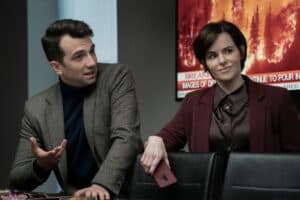
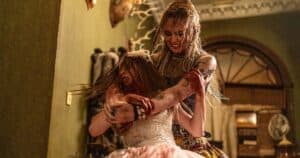

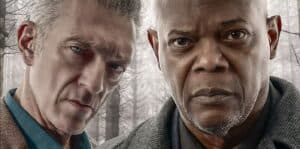
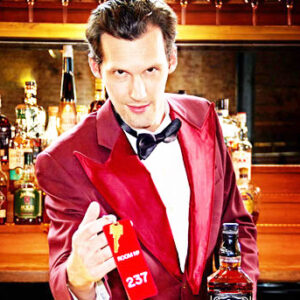
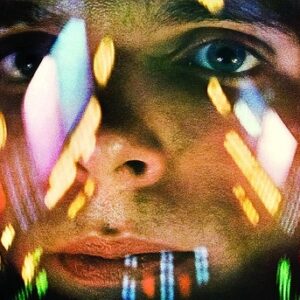






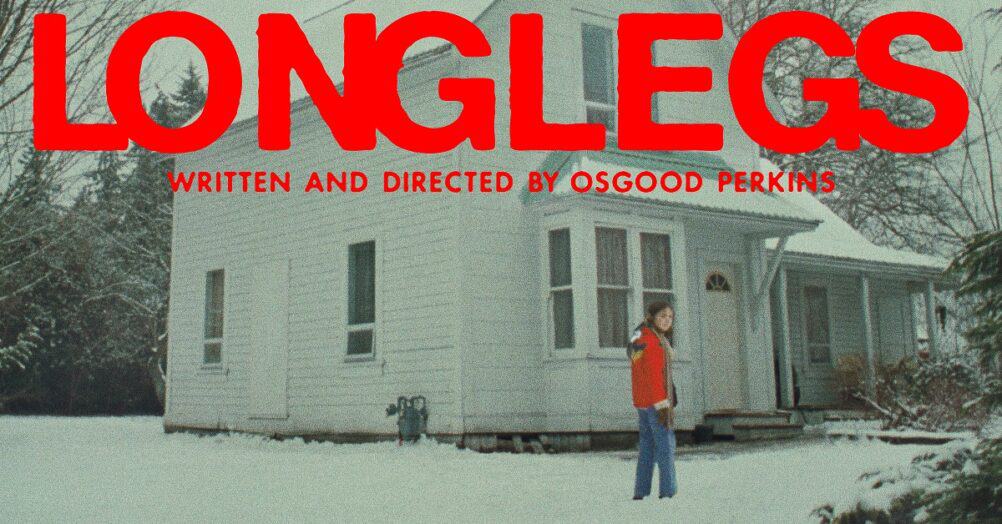
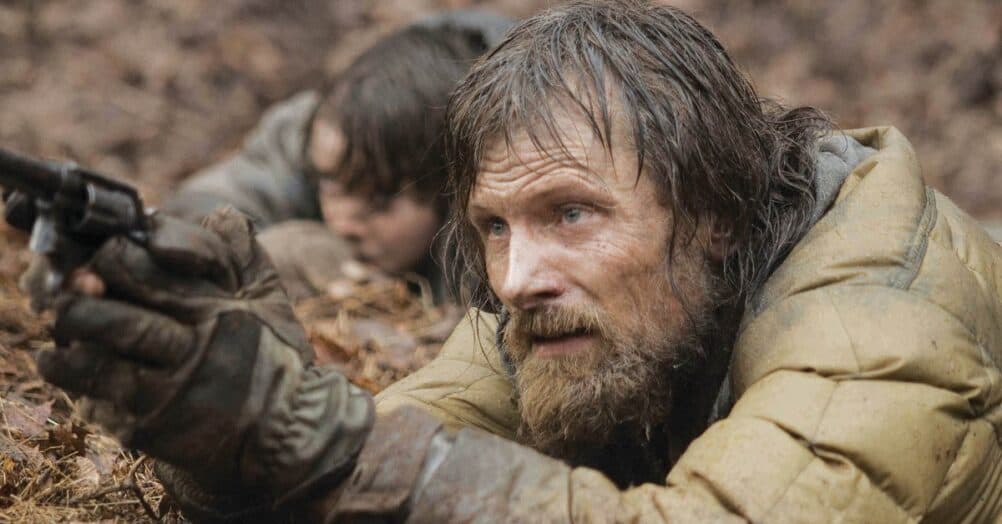
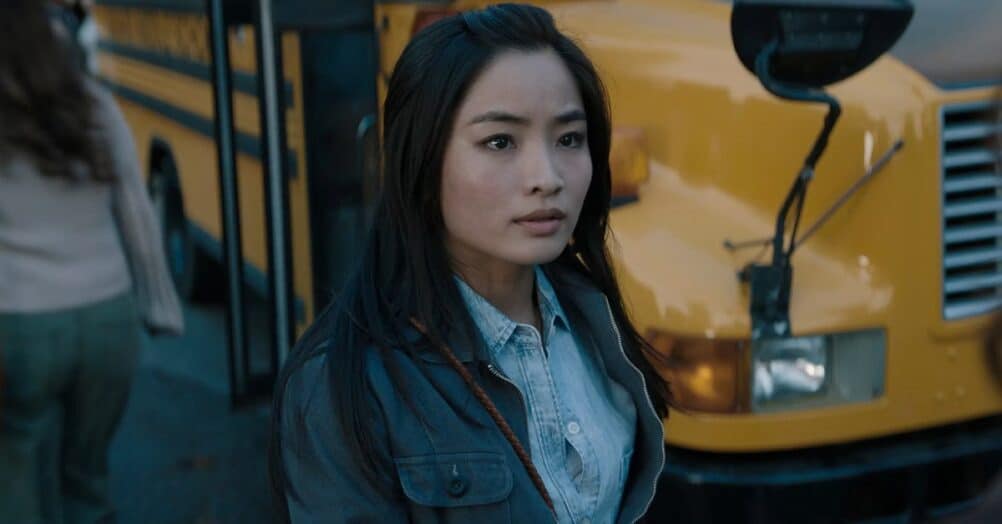

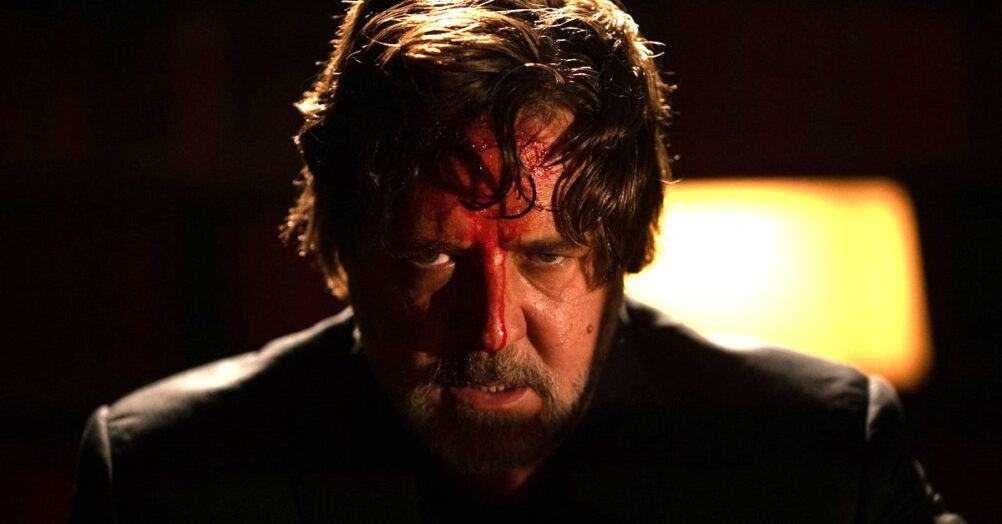
Follow the JOBLO MOVIE NETWORK
Follow us on YOUTUBE
Follow ARROW IN THE HEAD
Follow AITH on YOUTUBE